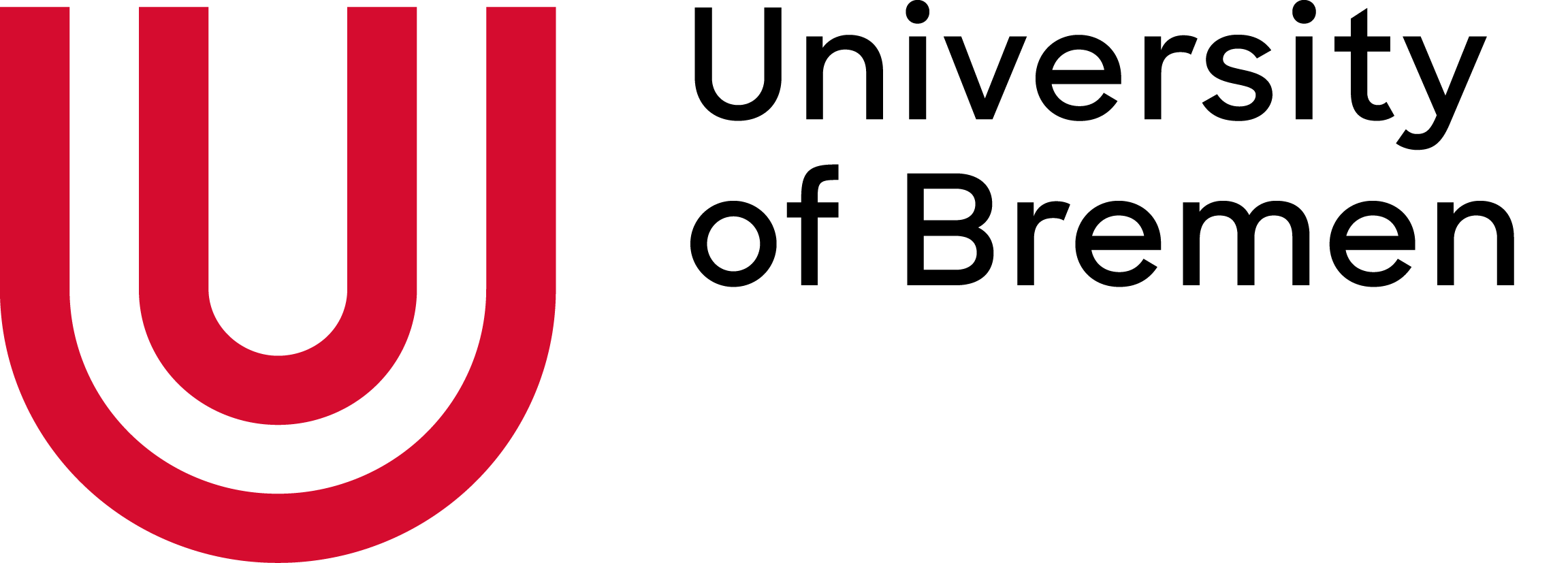Latest Developments in Research and Technology
New insights and developments in astronomy, space business and women in aerospace: these are just three of well over 2,000 topics, that are to feature at the 2018 International Astronautical Congress (IAC). Around 4,500 delegates from 90 countries are expected to gather at the Bremen Exhibition Centre between Monday, October 1st and Friday, October 5th, 2018 for the world's largest space congress. Amongst them: policy, business and science leaders. Up until Saturday, June 30th, the congress organizers are granting an early bird discount.
The topics at this year’s congress range from human space flight to Lunar and Mars missions, space systems and propulsion, space law, astrophysics, earth observation and extra-terrestrial intelligenceas well as scientific journalism. "Within the congress programme, the highlight lecture series and plenary events are stand-alone events and should not be missed”, says Birgit Kinkeldey, Head of Corporate Communication at the local IAC organiser ZARM, the Center of Applied Space Technology and Microgravity at the University of Bremen. "We are pleased to welcome such highly accomplished speakers to our congress.”
Professor Dr. Karsten Danzmann, Director of the Albert Einstein Institute at the University of Hannover, will be presenting his research at one of the two highlight lectures. Danzmann is one of the pioneers who succeeded in directly measuring gravitational waves, which Albert Einstein predicted over a century ago. Gravitational waves are emitted through the accelerated mass set free when two black holes or binary star systems circle around each other, approach each other and finally merge. Since gravitational waves are not damped over time, waves created a long time ago can still be detected to this day. Danzmann and his team developed the technology for these breakthrough measurements in 2015.
Danzmann is also playing a leading role in the development of the satellite-based gravitational-wave detector called LISA scheduled to be launched in the 2030s, that will be working in a different frequency range which fits to the merger of supermassive Black Hole and gravitational waves created shortly after the Big Bang. It's really an exciting time for gravitational-wave astronomy," says Danzmann. “With satellite-based observatories such as the Laser Interferometer Space Antenna LISA, we may even make the echo of the big bang audible.”
Tom Enders, CEO of the aerospace company Airbus, will speak about business opportunities in space during the second highlight lecture. According to Enders, the IAC’s conference slogan, "#InvolvingEveryone" precisely catches the mood of our times. "In my conference speech, I want to take a look at the decision-making processes that are required for an exciting future for space", the Airbus CEO says. Instead of focusing on specific technologies, Enders will speak about emerging business opportunities for enterprises in space, which he predicts to be in Low Earth Orbit (LEO).
The organisers of the IAC are also convinced that involving everyone is one of the main factors in advancing the space sector. Among various other activities, the organising committee will host a congress for high school students, a get-together for parliamentarians, and an open day for the general public. There are of course many more top-class events to be found in the full congress programme.
This includes the panel discussion featuring women in the space community, which will be held before the Congress Plenum. This panel will be headed by Professor Dr. Pascale Ehrenfreund, Director of the German Space Agency DLR, Simonetta Di Pippo, Director of the United Nations Office for Outer Space Affairs (UNOOSA) and President and COO of SpaceX, Gwynne Shotwell, the woman behind SpaceX’s reusable Falcon 9 Rocket and the company’s space tourism plans. The three leaders will talk about the female impact within the industry, as well as on humanitarian issues, such as combatting hunger; these challenges can only be accomplished by everyone working together.
The IAC is hosted by the International Astronautical Federation (IAF), which is based in Paris. Founded in 1951, the non-governmental organisation aims to promote worldwide scientific exchange and international cooperation. The congress is organised by the IAF and in its 69th year.
To find out more, please visit: www.iac2018.org
Media Accreditation:
Media representatives are welcome to register for the IAC 2018 in Bremen.
Accreditation for Journalists and Media Professionals is available at:
https://www.iac2018.org/media/
ZARM – Center of Applied Space Technology and Microgravity
Annika Teubner
Phone: +49 (0)421 218-57821
E-Mail: media@iac2018.org



 "
"